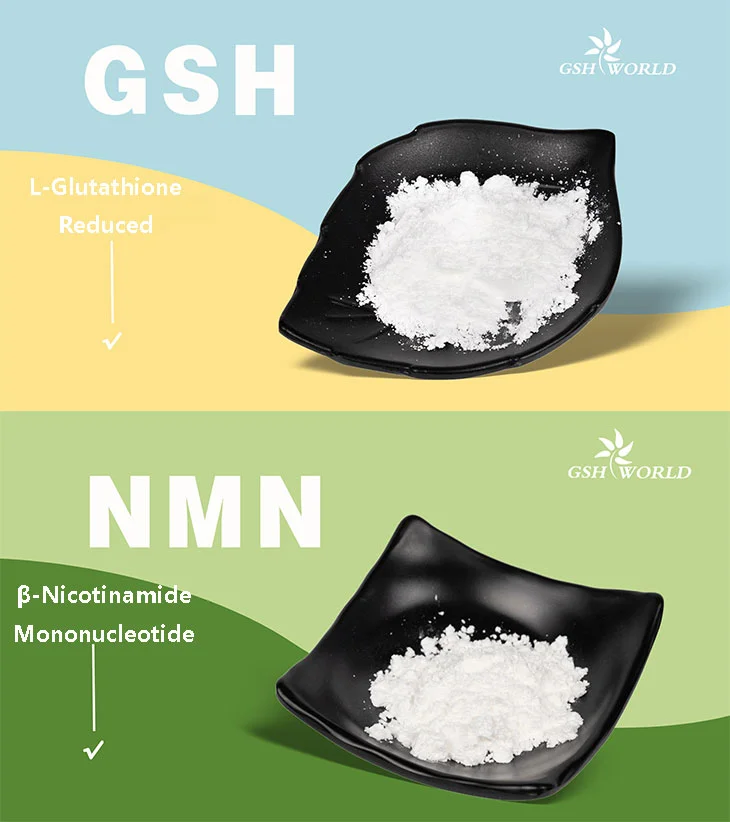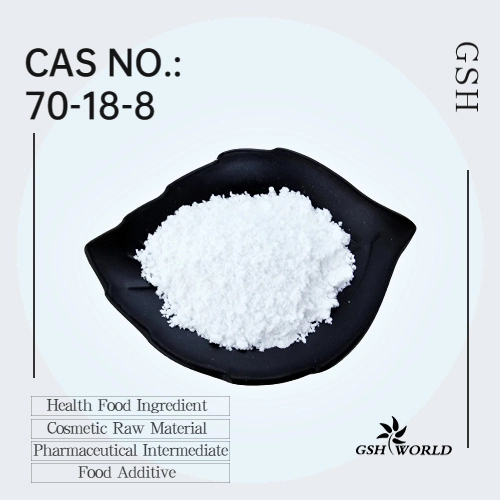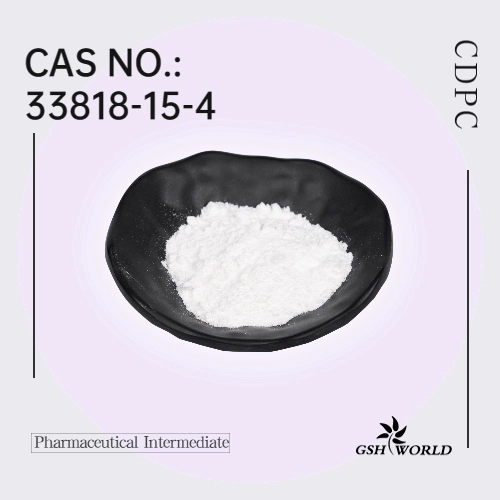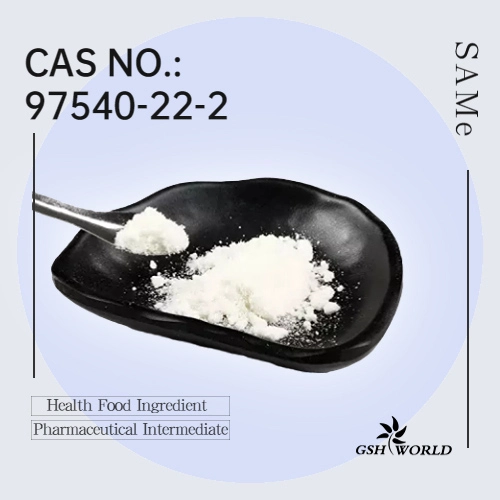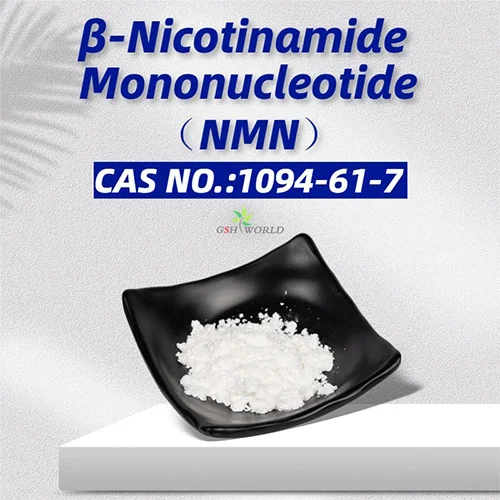Application of citicoline in post-stroke cognitive impairment
Post-stroke cognitive impairment (PSCI) refers to a series of syndromes that meet the diagnostic criteria for cognitive impairment within 6 months after the clinical event of stroke, and is a subtype of VCI.
1. Clinical application of citicoline in the prevention of cognitive impairment in first-episode stroke patients
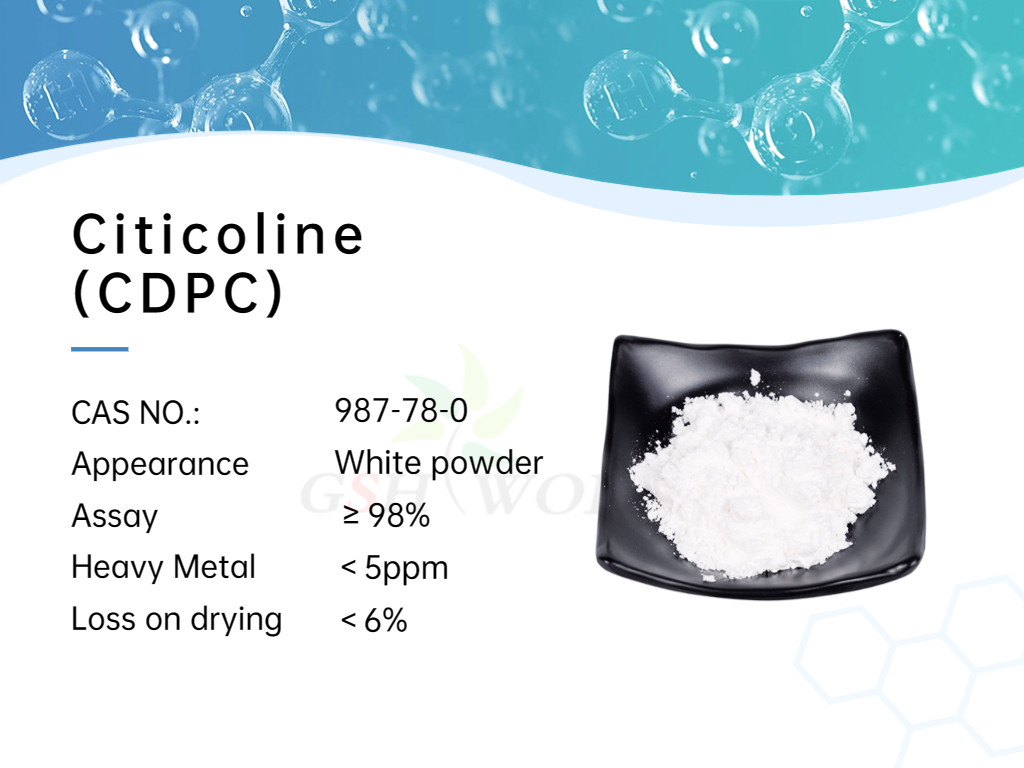
In 2012, Alvarez-sabín designed an open, randomized, parallel-group study to investigate for the first time the safety of long-term (1-year) oral citicoline and its efficacy in preventing cognitive decline in first-episode stroke patients.
In this study, 347 first-episode stroke patients (onset <6 weeks, NIHSS score 14 (10-17)) were randomly divided into a treatment group (citicoline, 1000mg/d, 172 cases) and a control group (only received conventional treatment, 175 cases), treated for 1 year, and evaluated the cognitive function of the patients with six indicators of attention execution, memory, language, sense of space, speed of movement, and time-space orientation.
Research result
Attention execution and spatiotemporal orientation in the treatment group were significantly better than those in the control group at 6 and 12 months (p<0.05). At the end of treatment, the improvement in functional prognosis (mRS score ≦ 2) in the treatment group was better than that in the control group (57.3% vs. 48.7%).
Analysis conclusion
Long-term (1-year) oral administration of citicoline can effectively prevent the occurrence of cognitive dysfunction in first-episode stroke patients and improve the functional prognosis of stroke.
2. Citicoline improves cognitive impairment and quality of life in first-episode stroke patients
In 2016, Alvarez-Sabín[6] designed and carried out an open, randomized, parallel-group study on long-term (2-year) oral administration of citicoline to prevent the decline of cognitive dysfunction and improve the quality of life of patients with first-episode stroke.
A total of 163 first-episode stroke patients (onset < 6 weeks, NIHSS score 13 (10-16)) were included in the study, and were randomly divided into a treatment group (citicoline, 1000 mg/d, 86 cases) and a control group (only received conventional treatment, 77 cases) for 2 years. The cognitive function (Global Cognitive Impairment, GCI) of patients was evaluated at 1, 6 months, 1, and 2 years after stroke, and the quality of life (quality of life) was evaluated with EuroQol-5D questionnaire at 2 years after stroke. life, QoL).
Research result
The cognitive function of the control group continued to deteriorate after the first year, while the cognitive function of the treatment group maintained a trend of improvement, and was significantly better than the control group at the second year (p=0.005).
In addition, long-term (2 years) cognitive impairment will lead to a decline in the quality of life of patients, while citicoline can improve the quality of life of patients of all ages.
*Special note - This article is for informational purposes only and cannot replace a doctor's treatment diagnosis and advice. It should not be regarded as a recommendation or proof of efficacy of the medical products involved. If it involves disease diagnosis, treatment, and rehabilitation, please be sure to go to a professional medical institution to seek professional advice.
Previous: Study finds that NMN may prevent hearing loss
Next: NMN Applied Research
by GSHWORLD
GSH Bio Tech is China Biological API Manufacturer. China Citicoline Supplements powder suppliers & best Citicoline benefits raw material Factory.


